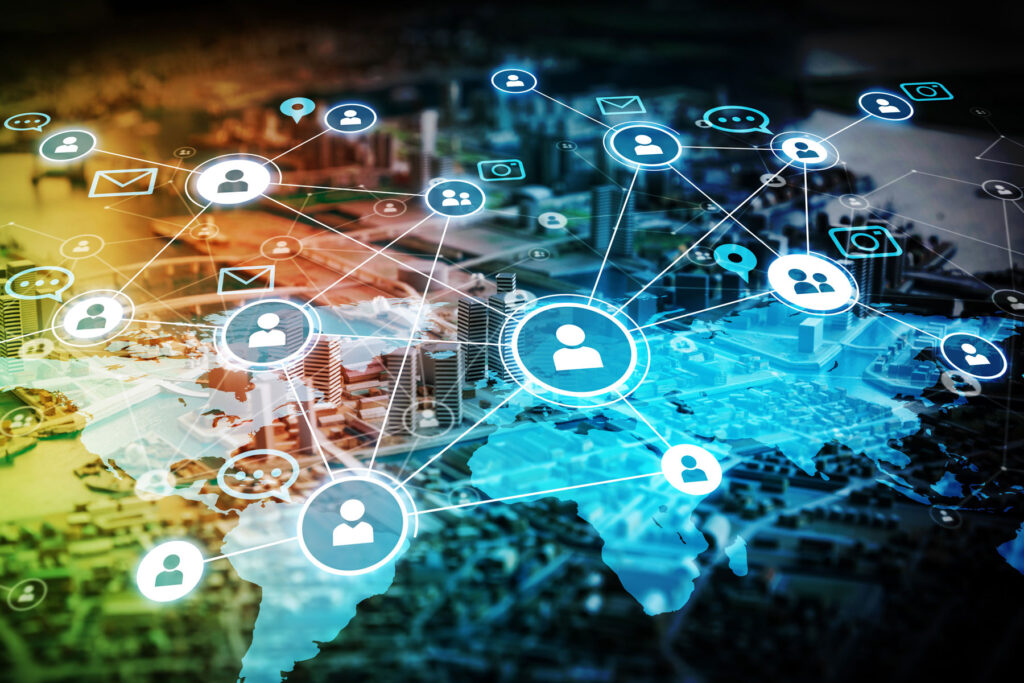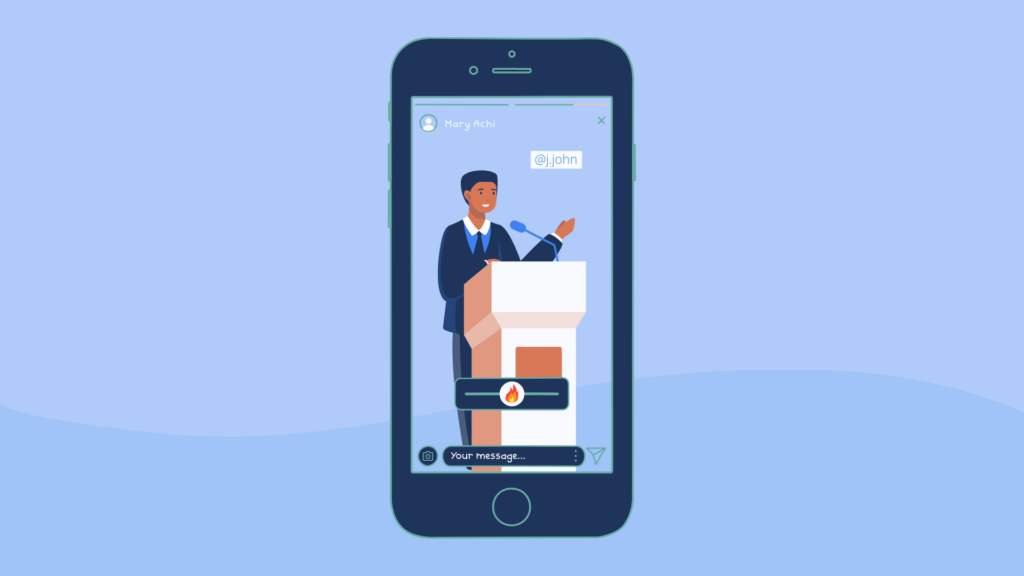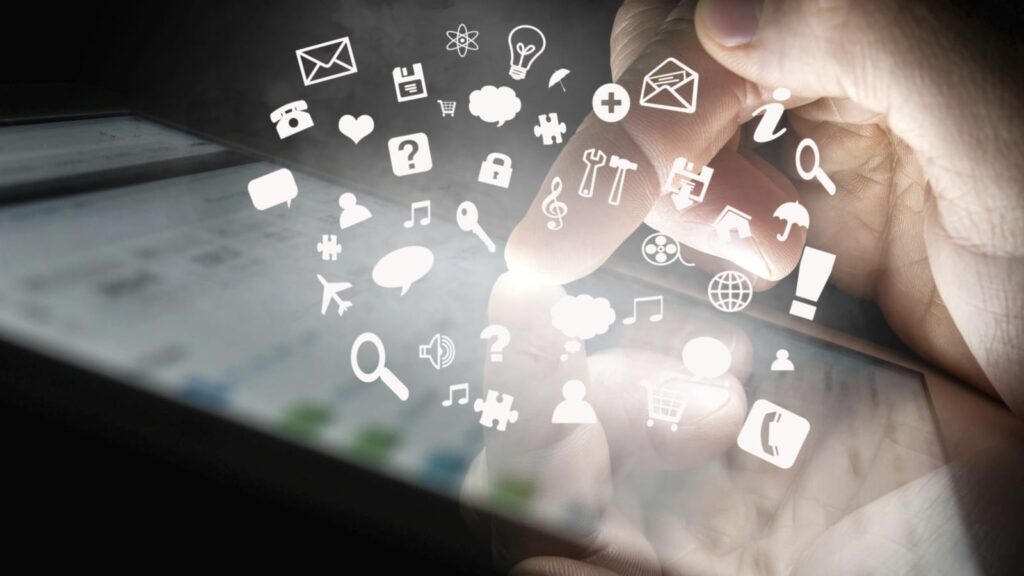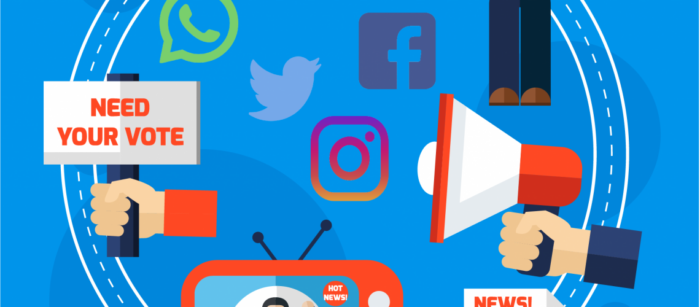In today’s digital era, our online interactions extend beyond leisure. While both online casinos and social media platforms foster connection, the latter’s reach delves deeper into the realm of politics. Social media platforms can amplify narratives, influencing public opinions significantly. Hence, discerning fact from fiction becomes vital. Users must actively validate sources, ensuring they’re well-informed in this ever-evolving digital landscape.
When you play mga laro sa online na casino, you will observe that some of these implement the principles of social media. They allow people to chat, and most of these chats happen in live dealer casino games. In the realm outside casinos, platforms like Facebook, Twitter, and Instagram play a more serious role: politics.
Time and time again, social networks have become a tool for people to influence political opinions. Today, we will discuss how these platforms impact our political landscape.
The Spread of News

Social media, unlike traditional media, works round the clock. Anybody can share a news tidbit, an article, or a video. As such, people who have missed that news can still view it later or even after a few days.
From facts to rumors to hatred, web channels have become a tool to spread information and disinformation. Politicians must therefore take advantage of this and use these platforms to advance their campaigns and political agenda.
In this age, people spend more time on social media than on traditional news channels. Why? Because on these sites, people have a voice — they can leave comments, likes, dislikes, and participate in what is happening. In traditional news channels, people cannot do this.
You cannot say anything g to a TV. You cannot comment on a radio show. In social media, your fingers are free to tap on the letters. In addition, you can share the news or video if you want—all these actions make a person feel accomplished; it makes a person feel that he/she is part of something bigger than themselves.
Polls and Surveys

Today, political temperature or climate mostly rely on social media polls. Candidates who want to know how people view them hire marketing agencies and survey agencies to conduct polls.
As polls become more available, so does information. Also, in the past, it is not likely for you to be part of a poll. There is little possibility for a poll facilitator to reach you. Today, all you have to do is go to the surveyor’s page and participate.
The problem with polls today is that some of these are fake — there are people and organizations that produce fake polls to make it look like their candidates are favored.
Polls help form public opinion, and politicians know this. Human beings find security in numbers, and fraudsters use this knowledge to manipulate public perceptions.
In addition, public polls can be used by scammers to gather personally identifiable information. Be warned: you must only accept poll invitations from verified large poll and survey organizations.
Politicians Using Social Media as a Platform

Political candidates have online accounts — many of them even hire an entire political agency to manage their Twitter or Facebook accounts on their behalf.
Social media shapes politics because politicians use the platform themselves. Politicians use their accounts to attack and shape public opinion. In addition to using their accounts to air their voices, political candidates also spend a lot of money on advertising online.
One excellent example of this is Michael Bloomberg, former Mayor of New York City. He spent more than $1 billion of his money for his presidential bid on ads on the web.
Politicians now have direct interaction with their followers and supporters. In many towns and cities, people can directly send a private message to their political leaders to air their grievances. In return, the politicians will help or provide guidance. This interaction significantly impacts how voters view candidates and those who are active in public office.
The Future of Social Media and Politics

The future of politics is social media. Traditional media outlets are no longer relevant. No one will bat an eye if social news eventually becomes the de facto news standard. Eventually, news from Twitter or Instagram will overshadow traditional news outlets.
In addition, there is a new generation whose demands and standards are different from the previous one. This is the age of TikTok, and political opinions will spread on this platform like wildfire. Politicians will have to use it to manipulate perception or to do damage control.
Political leaders know that social networks know no bounds. Those who run for public office know that traditional TV can censor or block their candidacy efforts. With social media, there is no single rule that can stop politicians, their followers, minions, supporters, and organizations.
There will be more advancements in apps/sites. Once virtual reality becomes mainstream, we should not be surprised to see politicians making public appearances. It is also not surprising to see politically fired banners and activities in VR places like the metaverse.
Overall, social media is the new normal. Political leaders cannot do anything about it but adjust to the situation. Instead of going against social media, politicians must understand how to use it as a weapon to favor their careers.
